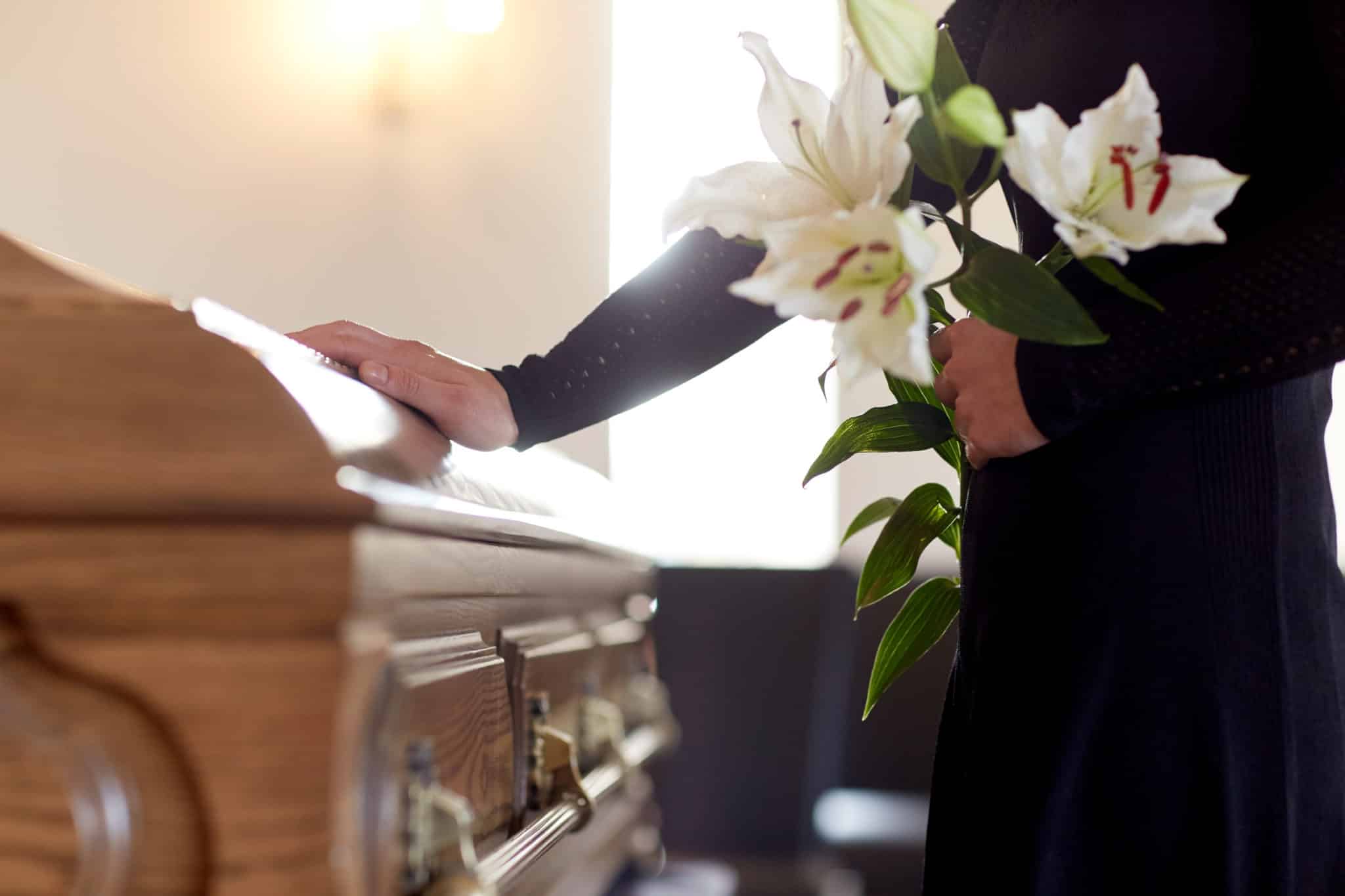We all know we’re sadly not going to live forever, but thinking about how you would like to be remembered could be helpful for both you and your loved ones. Simon Welham, Managing Director of Welham Jones Funerals and Memorials, explains how to talk to your loved ones about your funeral – and what to do if they’re not ready for it, or you’re concerned they might not honour your wishes
The benefits of thinking ahead
For many people, there is a natural trigger that prompts them to think about how they would like to be remembered – typically retirement, old age or illness, or other key points when they are putting their affairs in order, for example planning their estate finances.
For some, there never is a right time; it’s something they simply don’t want to think about. If that’s how you feel, it’s not a problem, as your executors and/or loved ones will do what they think is appropriate or what they think you would have wanted. However, even if you have a good relationship with them, that can put pressure on them at what is inevitably going to be an emotional time.
So, if you can give some thought to how you would like to be remembered, it can make things easier for them by reducing the number of decisions they have to make at what is always a pressured time. It can also help their wellbeing if they know that your final farewell was in line with your wishes and they have done you proud.
What sort of things should you consider?
While most funerals used to follow very similar lines, there is now more choice than ever, meaning you can request a very personal celebration of your life. You can choose between a religious or secular service, conducted by a religious leader or a celebrant, a traditional coffin or a modern, environmentally friendly alternative or even a picture coffin, as well as the music, readings and flowers or charitable donations you might like. There’s also the question of whether you want to be buried or cremated, and where you might like your final resting place to be (you can, of course, in most cemeteries purchase your plot in advance).
Write down anything you would like in an expression of wishes, to be lodged with your will, and with your funeral director, if you have chosen one.
Talking to your loved ones
Talking about how you wish to be remembered has got easier. As a society, we’re getting better at having the conversations that previous generations shunned. The trend towards more diverse funerals that are much more a celebration of a life than the more sombre events of yesteryear has also helped generate more open discussion about the little touches that can truly personalise a final farewell.
If your loved ones are ready to have that conversation, talk through your expression of wishes with them, making any changes you can all agree on. Then give them a copy of your expression of wishes, maybe in a sealed envelope to be opened after you pass. If they’re not ready to talk about it, let them know that you have drawn up an expression of wishes and make sure they know where they will find it.
Whether they’re ready to talk or not, knowing where your will and expression of wishes are is likely to be helpful for your loved ones when you pass.
If you think your wishes won’t be respected
It is important to remember that your wishes are just that; what actually happens when you pass will be the responsibility of the executors of your estate, whether or not they are your next of kin or loved ones. While bodies must be disposed of legally (for public health reasons), no-one owns a body and there is no legal requirement for your wishes to be followed.
If you fear that your loved ones won’t respect your wishes – you may suspect they will prefer to save money, or fear there may be arguments between them – appoint a third-party, independent executor (often a solicitor) solely or in conjunction with your loved ones, who can referee any disagreements among your loved ones and ensure your wishes are upheld.
Where do pre-paid funeral plans fit in?
A pre-paid funeral plan can ensure most of the costs are paid for in advance, with the opportunity to shape the funeral the way you would like, thus reducing both financial and emotional distress for your loved ones. In decreasing the value of your estate, it may also enable you to qualify for financial support if you need domiciliary care or to move into a care home. However, pre-paid funeral plans have had some negative press recently and we will explore these issues in a future article.
01892 300330








